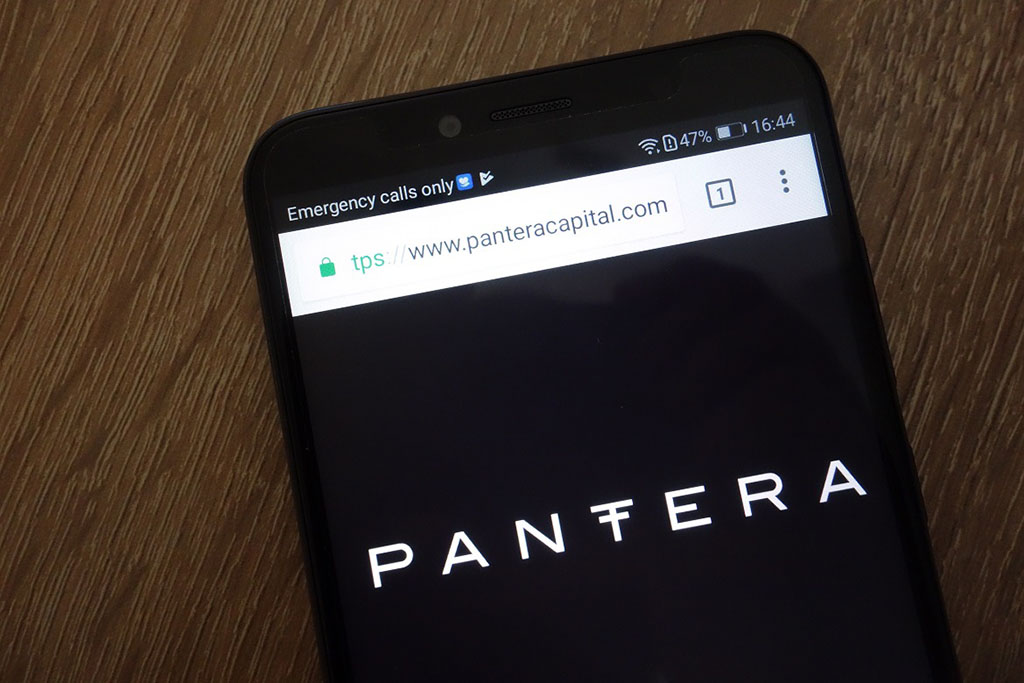ARTICLE AD
Upbit became the first exchange registered with the Financial Intelligence Unit in 2021. This was made possible as a result of its partnership with K-Bank, an online lender.
Upbit, a South Korean crypto exchange based in Seoul’s ritzy Gangnam district, has climbed to become the top five global exchanges by volume. South Korea has benefitted from the recent crypto bull run that swept across the global market, with rumors of the Korean won supplanting the US dollar as the most popular currency for swapping Bitcoin and other digital assets reaching high intensity.
Upbit Dominates the Korean Market Volume
According to a Bloomberg report, over 80% of Korean trading volumes are currently being handled on Upbit. This is a huge milestone for Upbit as no other exchange has been able to attain such dominance in a major crypto hub. Additionally, Upbit is now in close competition with Coinbase Global Inc (NASDAQ: COIN), a leading crypto exchange in the US.
Last year, Upbit’s customers accounted for nearly a fifth of total deposits from its major banking partners. This move ignited a sharp rebuke from a South Korean lawmaker. However, new laws have been passed following the arrest of Do Kwon, a South Korean businessman whose stablecoin TerraUSD, collapsed in 2022.
Nam HyeonJoon, a spokesperson for Bithumb, Korea’s second-largest trading platform stated:
“Under the new regulatory regime, crypto exchanges will have to bulk up reserves, get investor-protection insurance, and step up monitoring for suspicious transactions, requiring both capital and manpower.”
Launched in 2017, Upbit is controlled by fintech firm Dunamu Inc. According to CCData, the exchange now accounts for almost 5% of overall crypto trading volume globally, up from 1.4% in January 2021.
Upbit became the first exchange registered with the Financial Intelligence Unit in 2021. This was made possible as a result of its partnership with K-Bank, an online lender. It is worth mentioning that before registering with Korean regulators, exchanges need to have banking partners.
A local media report from last year reveals that Upbit accounted for 18% of total deposits in K-Bank, drawing criticism from lawmaker Kim Heegon, who described the bank as “Upbit’s private safe deposit box” in October.
In an interview, a K-Bank representative stated that deposits made on the exchange are not utilized for lending purposes and can be withdrawn at any moment. He added that Upbit only makes up a “very small part” of the bank’s total earnings.
South Korea to Implement Strict Regulations
Beginning in May, regulators in South Korea are set to introduce stricter rules for token listings on centralized crypto exchanges (CEXs). Crypto exchanges within and outside the nation will have to abide by the rules once they are put into effect. This move is part of South Korea’s efforts to enhance transparency and security within its crypto market.
As Coinspeaker earlier reported, under the new guidelines, regulators may order exchanges to remove specific cryptocurrencies from their platforms if they fail to offer complete information on the digital asset.

 7 months ago
36
7 months ago
36 

